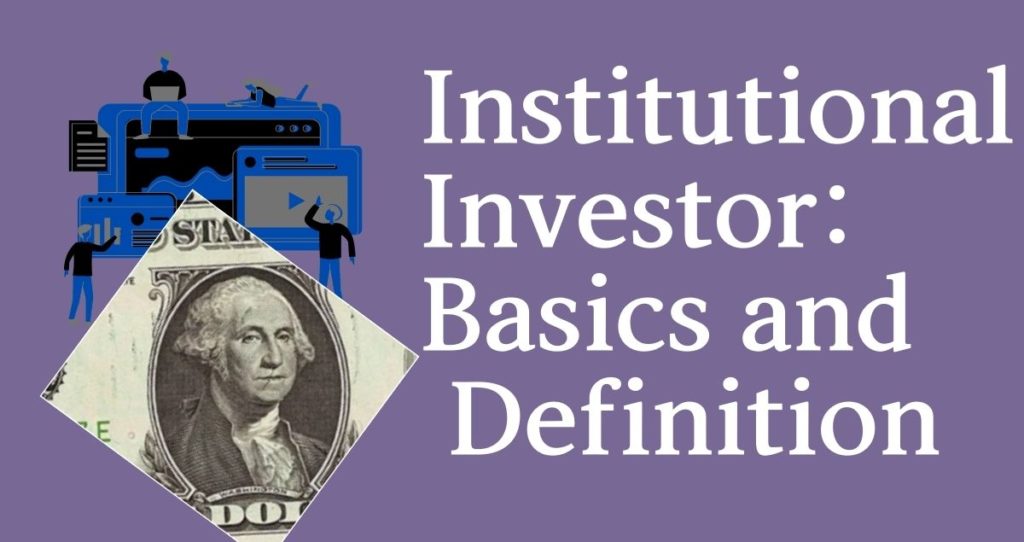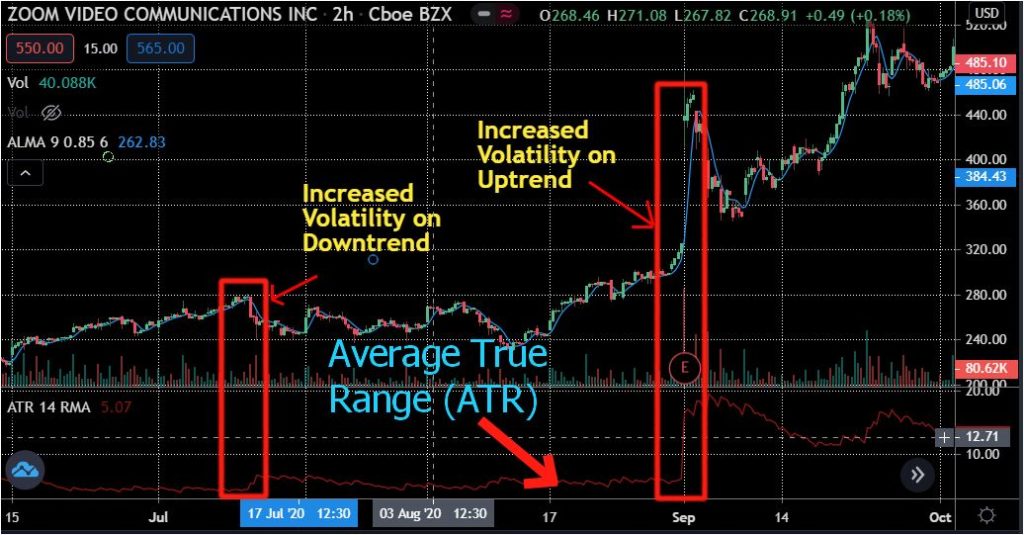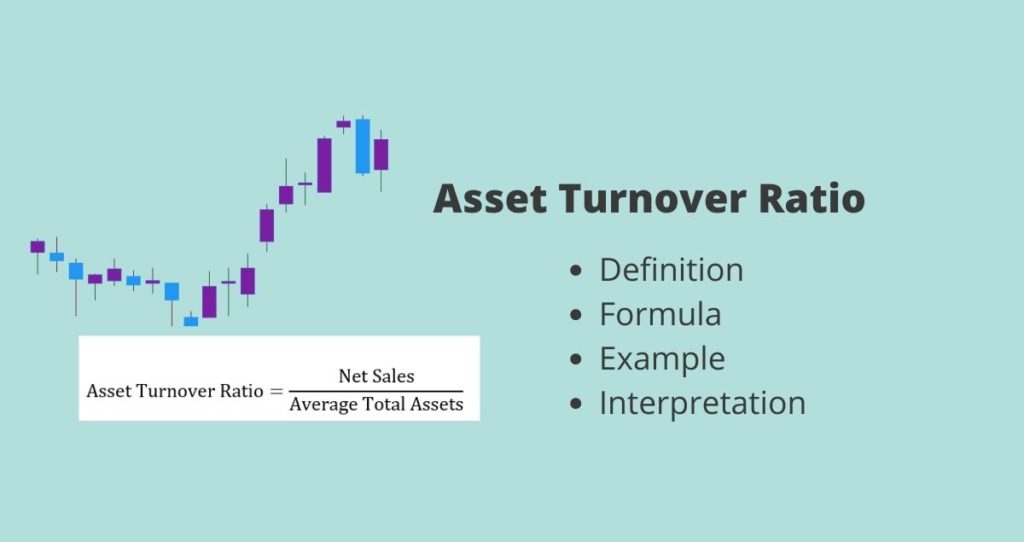An institutional investor is a legal investment firm that collects funds from many investors and invests them on the behalf of its members.
Table of Contents
show
Types of institutional investors
Institutional investors include but not limited to:
- Insurance companies: These investment firms provide coverage for individuals and businesses from the risk associated with their financial losses. Covered entities pay a predetermined monthly fee for the service to maintain active coverage.
- Mutual funds: Mutual funds are investment firms that invest pooled money from different investors. The money is managed by a fund manager and they invest the money in high returns investments such as bonds, stocks, and other high-yield securities. Mutual funds are also known for creating well-balanced portfolios for their clients.
- Hedge funds: These are investment institutions that aggressively manage and invest pooled money from different investors in order to generate high returns for their clients. Some of the investment methods they use include but not limited to leveraging and shorting.
- Banks: Banks are legal institutions that manage funds from their customers by providing accounts such as checking accounts, savings accounts, Certificate of Deposits (CD), etc. They also provide investment guides, loans, and other lending services to their customers.
- Venture capital funds: Venture capitals invest and manage pooled money from investors who put their money in high growth companies and start-ups.
- Pension funds: These are investment pools that engage in payments of workers’ retirements (employers and their employees).
What are the characteristics of institutional investors?
The following are some of the characteristics of institutional investors.
- They are legal entities and manage a lot of funds
- They are professional and manage funds based on the interests of their clients
What are the functions of these investment firms?
Institutional investors play an important role in the stability and efficiency of the market. The following are a few of the many functions of institutional investors.
- They provide liquidity in the market
- Advocate for the fund management accountability
- They allocate funds and resources efficiently
- Increase the price performances of stocks and other assets









